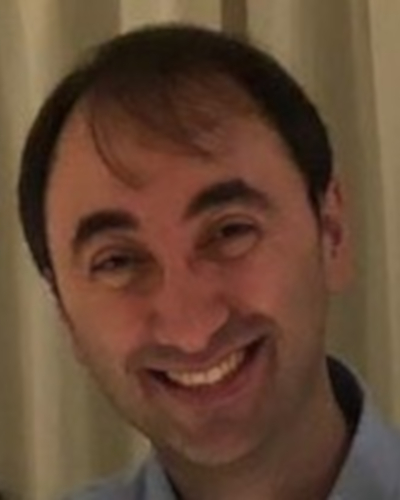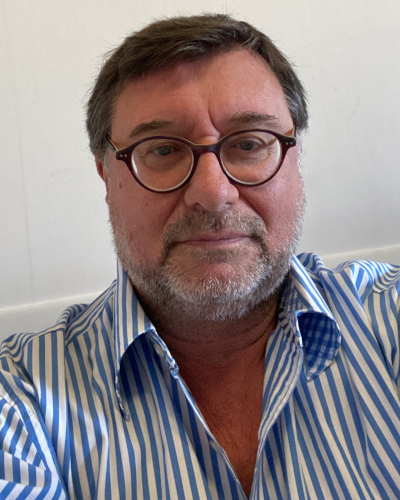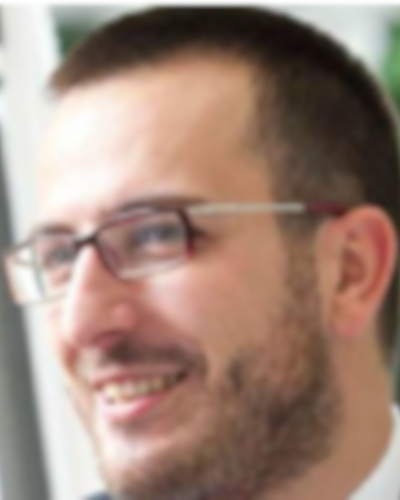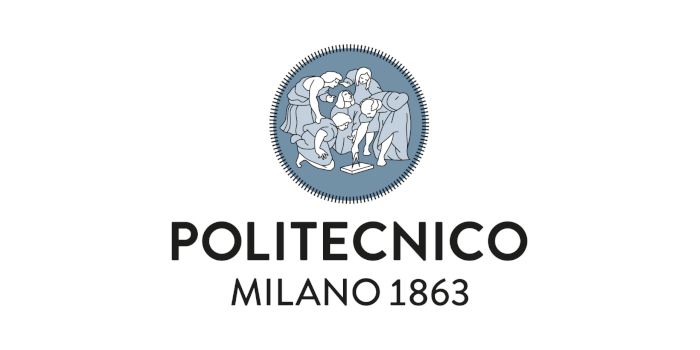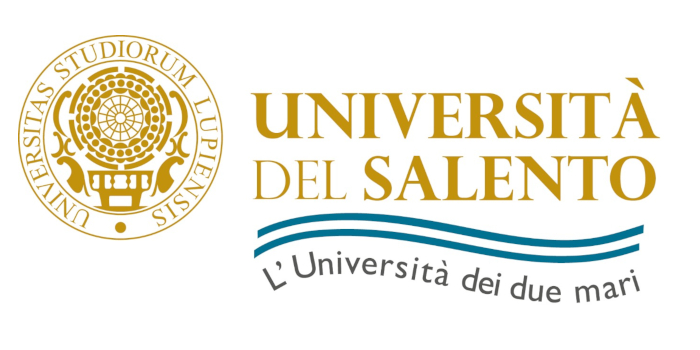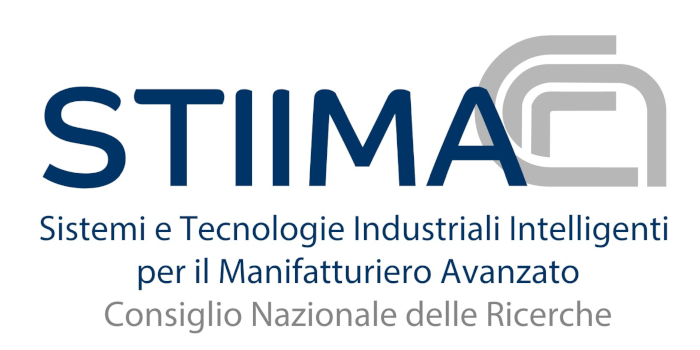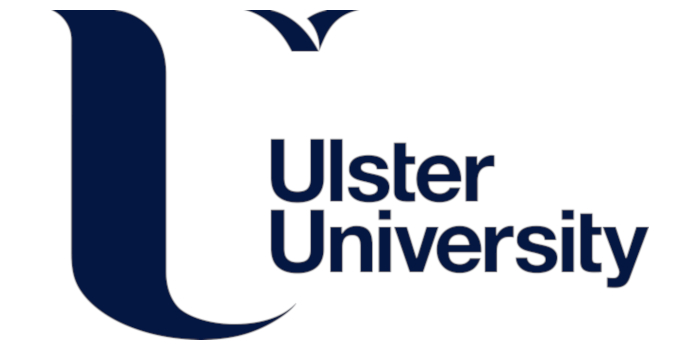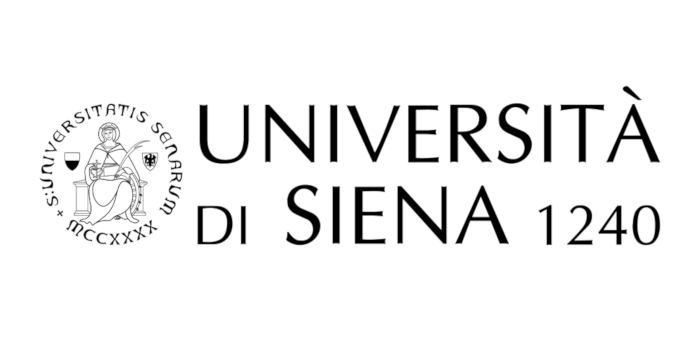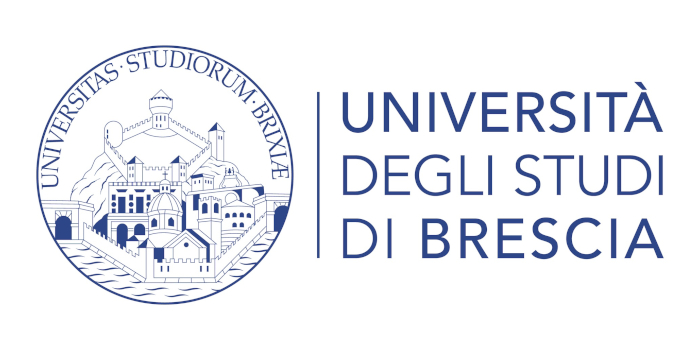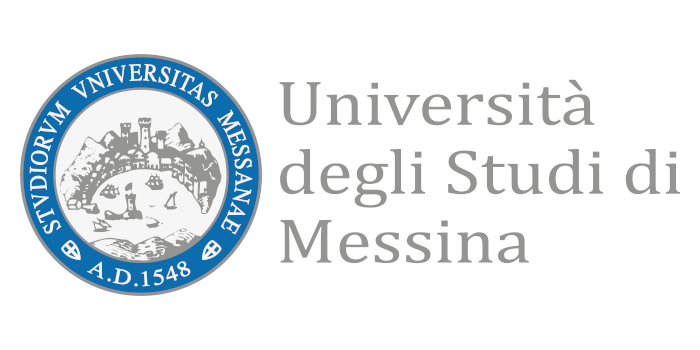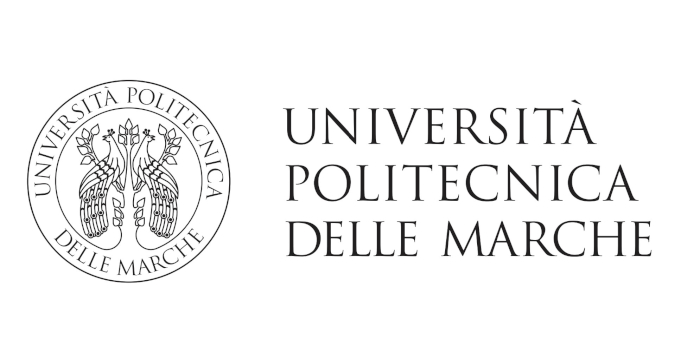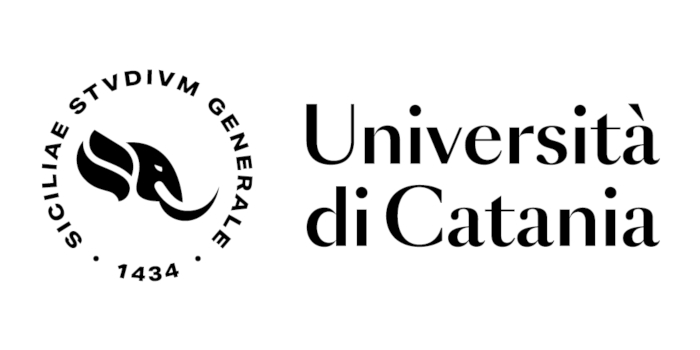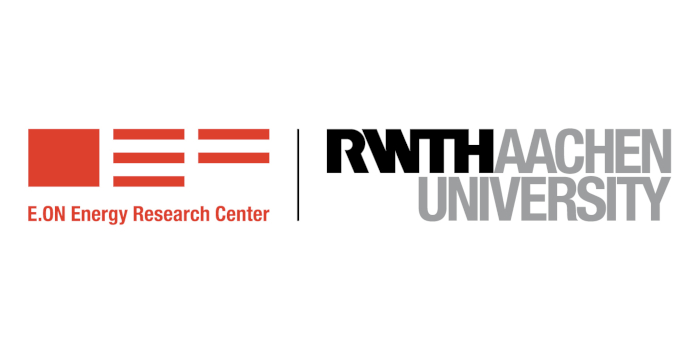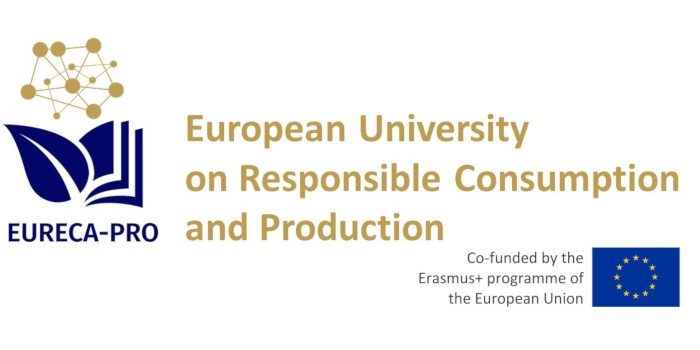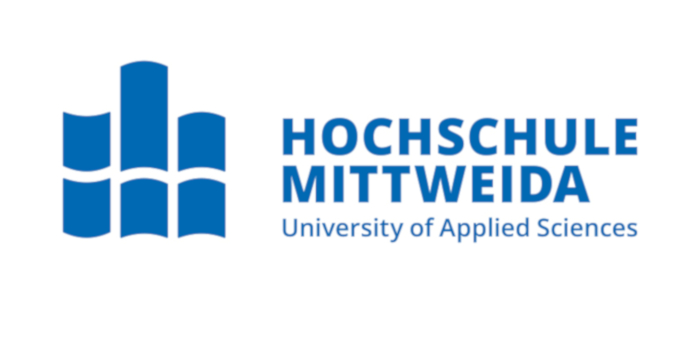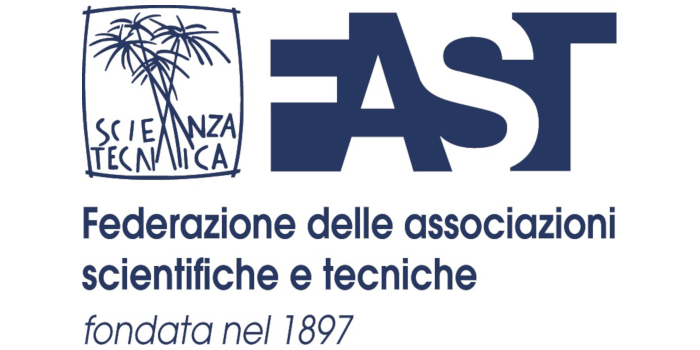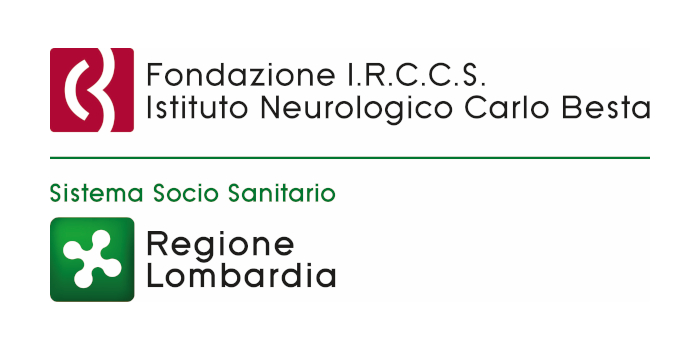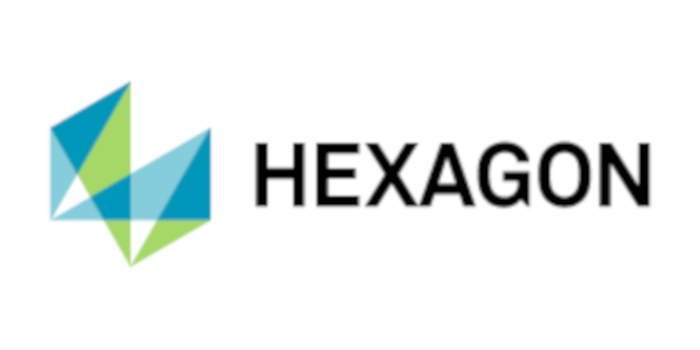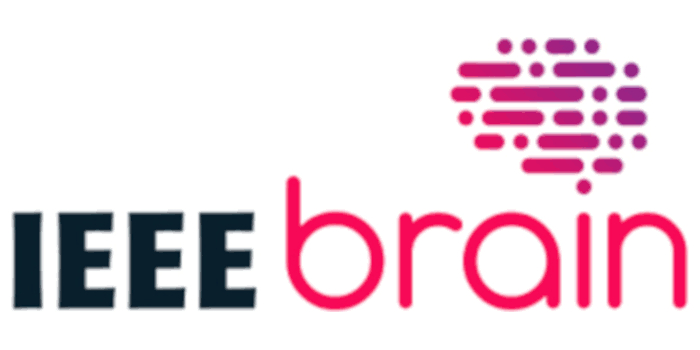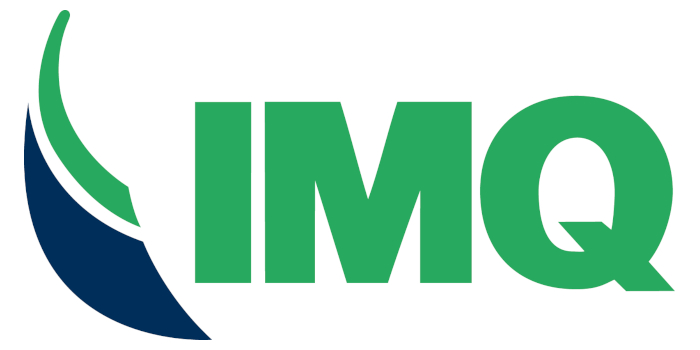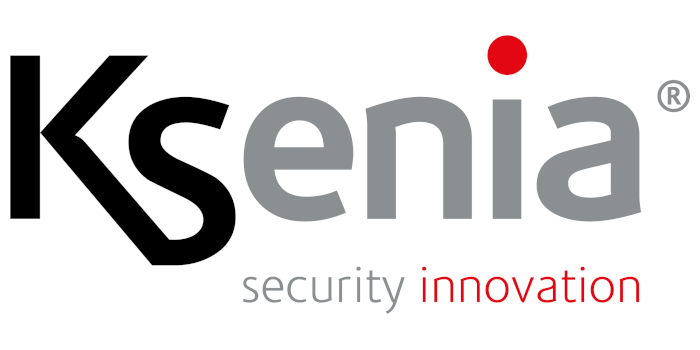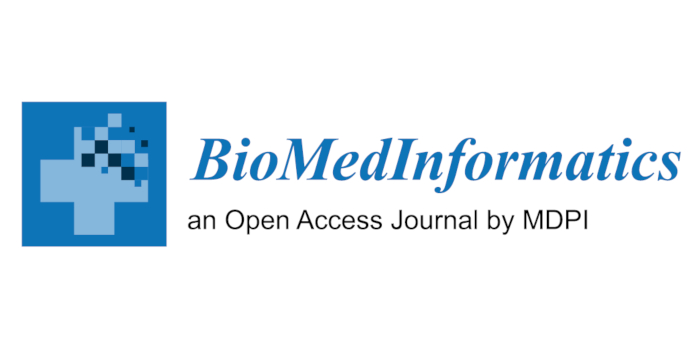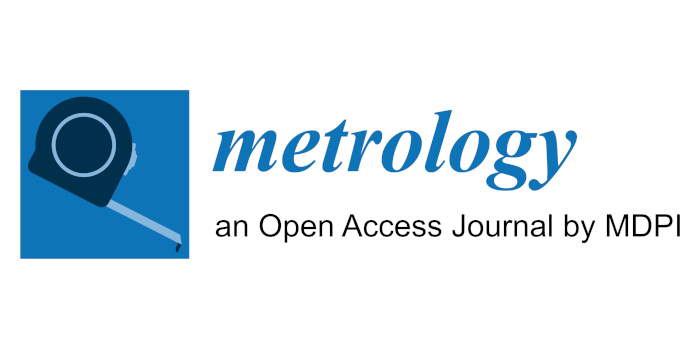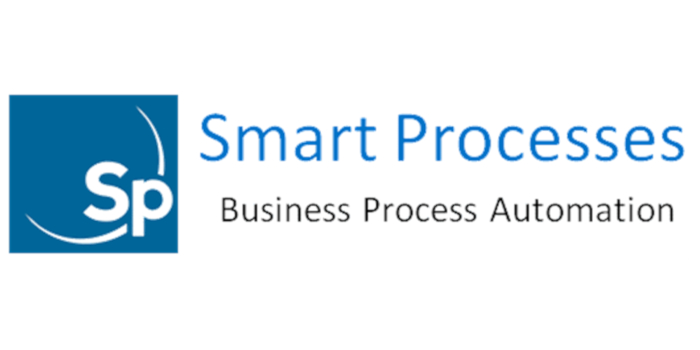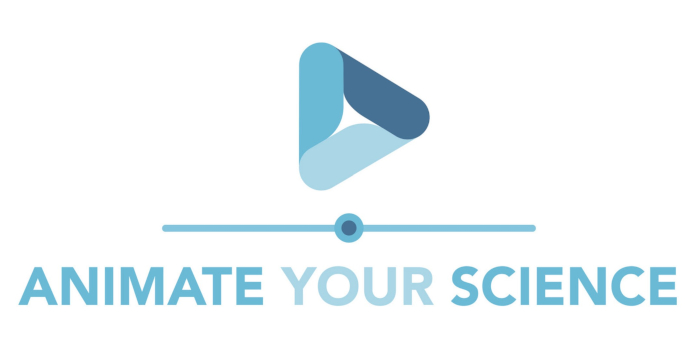SPECIAL SESSION #30
Data Science in Life Cycle Assessment for Ecosystemic Services
ORGANIZED BY
Oscar Tamburis
Institute of Biostructures and Bioimaging, National Research Council of Italy
Luigi Esposito
Department of Veterinary Medicine and Animal Productions, University of Naples Federico II, Italy
Egidio De Benedetto
Department of Electrical Engineering and Information Technologies, University of Naples Federico II, Italy
ABSTRACT
Life Cycle Assessment (LCA) is a series of procedures set for the collection and assessment of the inputs and outputs of materials or energy, as well as the subsequent impacts on the environment incurred due to the running of a system or product throughout that entity’s life cycle environmental performance, and thus contributing to performance targets within the Environmental Technology. LCA’s features well fit therefore the scopes of ecosystem services that deal, among the others, with biological variability– as well as biodiversity–related phenomena, thus directly/indirectly influencing the sustainability of human life and well-being in terms of (i) health, access to primary resources, and livelihood, and (ii) economic, social, and environmental lines – the so-called Triple Bottom Line approach.
The sheer number of input parameters and their uncertainties that contribute to the full life cycle, as classic intrinsic cause of gaps for LCA, are currently being overcome thanks to a focused and reasoned deployment of many areas of data science, including Machine Learning, as these can help modeling and predicting a system’s and/or product’s environmental impact based on information from the design phase, assessing production or changes in processes and responding with potential alternatives for better or less environmentally impactful production.
Although leveraging AI-based methods to deliver LCA solutions is still a novel and challenging field, a systems engineering approach appears as a most promising way to deal with the potentialities of Environmental Technology.
MAIN TOPICS
Thereof topics include (but are not limited to) the following:
- IoT
- Cyber–Physical Systems
- Cyber-Physical Measurement Systems
- AI/ML/DL for Human/Animal/Environmental Health
- Infodemiology and Infoveillance
- Integrated environmental sensing and communications
- Climate IoT Paradigm
- Measurement & Sustainability
- Methodologies for improving LCA procedures
ABOUT THE ORGANIZERS
Oscar Tamburis got both the Degree in Management and Industrial Engineering, and the Ph.D. in Advanced Management of Healthcare Organizations, from University of Naples Federico II. he is currently Researcher at the Institute of Biostructures and Bioimaging of the National Research Council of Italy, and Fellow Lecturer of Information Processing Systems at the University of Naples Federico II, Department of Veterinary Medicine and Animal Productions. His current research themes are mainly focused on the development and the spreading of technological innovation in the healthcare field (One Digital Health) with specific concern on Business P rocess Analytics (Modeling/Reengineering/Improvement), Process Mining, Machine Learning, and Sensoring. Oscar Tamburis is currently chair of the working group on One Digital Health (ODH) at the European Federation of Medical Informatics (EFMI). He has received the national license as an Associate Professor of the scientific area 09/H1 ‘Processing Information systems’.
Luigi Esposito got the Ph.D. in “Animal Breeding Sciences” and is currently Associate Professor of “Special Livestock” at the Department of Veterinary Medicine and Animal Productions of the University of Naples Federico II. He has been scientific responsible for many research programs, both national and international. His main research themes deal with the dynamics related to the modern animal husbandry practices and their impact on the quantitative/qualitative productions of animal products, with particular reference to: non-conventional sustainable husbandry; environment preservation; management of ecosystemic services.
Egidio De Benedetto is an Associate Professor in Electric and Electronic Measurements with the Department of Electrical Engineering and Information Technology, University of Naples Federico II, Naples, Italy. He has been with the Institute of Microelectronics and Microsystems, Italy, from 2010 to 2012. From 2012 to 2019, he has been a Research Fellow with the Department of Engineering for Innovation, University of Salento. His current research interests include the dielectric characterization of materials, microwave reflectometry systems for monitoring applications, 4.0-based measurement systems, cybe r-physical measurement systems, sustainability, biomedical applications of machine learning, and measurements for augmented reality systems. He is member of the editorial boards of several scientific journals and a reviewer for EU projects.


